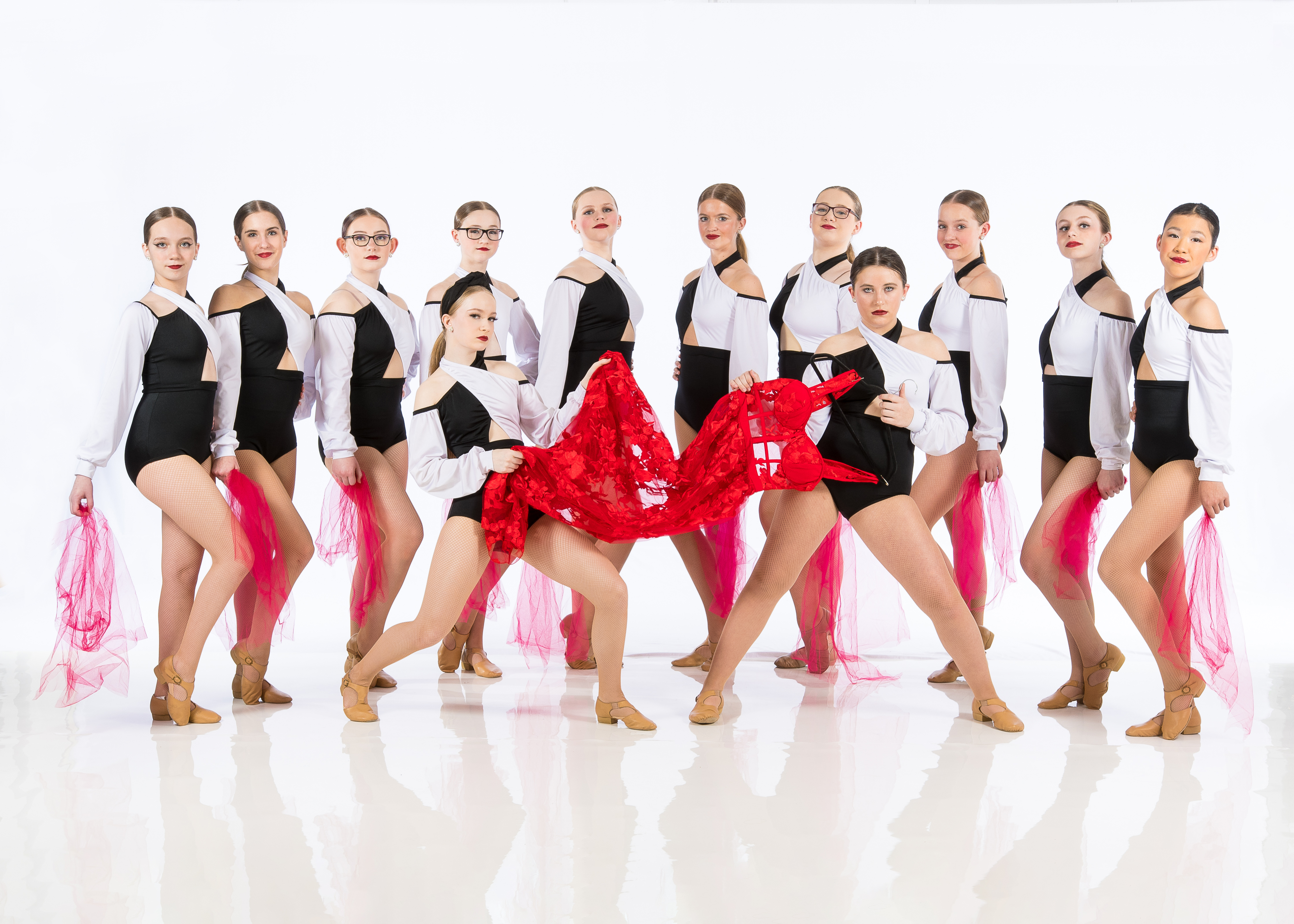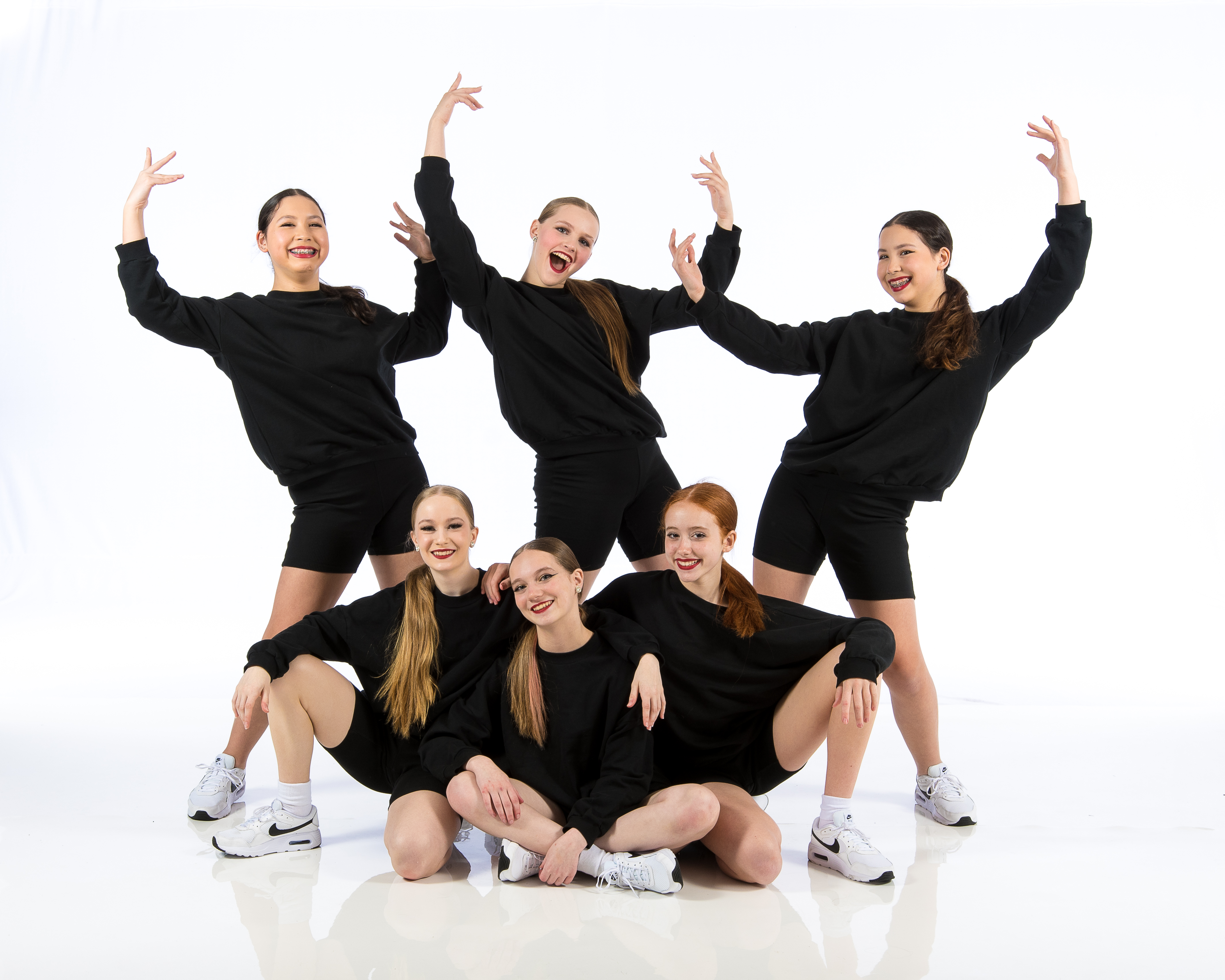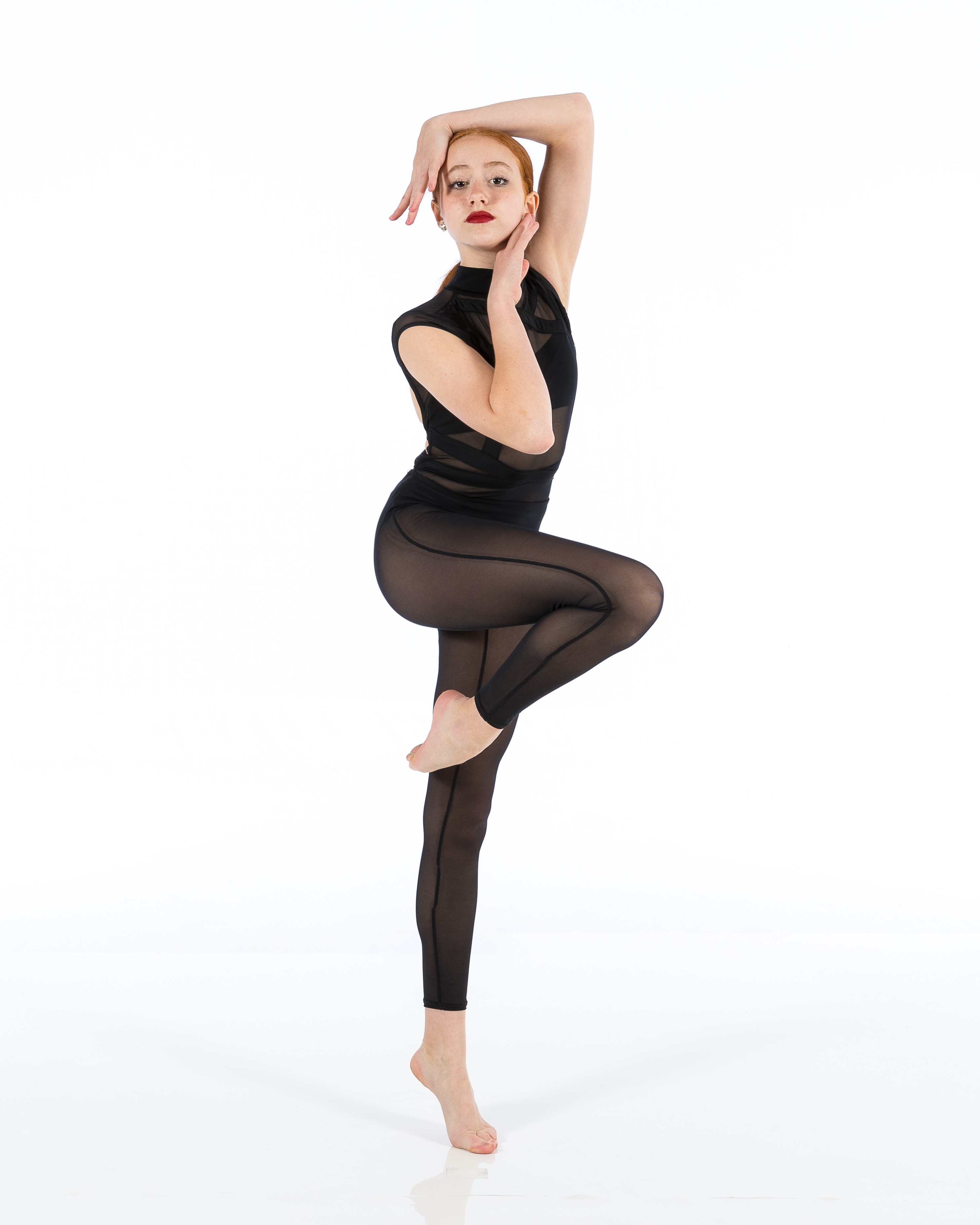Introduction
Dance is an art type that goes beyond barriers, unifies areas, and bursts with the vigor of human expression. Whether you're a budding professional dancer entering a dance studio for the very first time or a skilled performer wanting to fine-tune your craft, understanding dance studio etiquette is essential for making certain a positive experience. This extensive overview titled From Novice to Professional: Navigating Dance Studio Decorum for an Unified Experience will take you via every element of dance studio actions, offering understandings that will certainly raise your experience and foster more powerful partnerships within the dancing community.
Understanding Dance Studio Etiquette
What is Dance Studio Etiquette?
Dance workshop rules refers to the set of unwritten rules and social standards that regulate habits in a dance classroom setting. Just like any type of various other imaginative environment, respecting these guidelines can enhance not just your learning experience yet likewise that of your peers.
Why is Dance Studio Etiquette Important?
Adhering to appropriate decorum aids produce an ambience of regard, focus, and collaboration. It fosters a feeling of neighborhood and enables dancers to sustain each other in their growth while minimizing distractions during class.
From Amateur to Expert: The Value of First Impressions
Preparing for Your Initial Class
Walking right into a dance studio for the very first time can be nerve-wracking. To make a remarkable impression:
- Dress properly: Wear comfy outfit ideal for the sort of dancing you're studying. Arrive early: Purpose to come to the very least 10-- 15 minutes prior to class starts. This gives you time to sign in, warm up, and clear up in.
Greeting Your Instructor
A friendly welcoming collections the tone for your experience. Always introduce yourself if it's your first-rate! An easy "Hey there" or "Greetings" can go a long way in developing rapport.
Classroom Conduct: The Do's and Do n'tshtmlplcehlder 46end.
Do's: Positive Behaviors
Be Respectful: Respect everyone's personal area-- especially when exercising moves. Listen Actively: Show listening when teachers are talking; it reveals you value their guidance. Support Your Peers: Urge fellow professional dancers; positivity breeds encouragement.Don'ts: Adverse Behaviors
Avoid Interruptions: Maintain personal discussions outside the classroom. Don't Usage Your Phone: Silence your phone during class; it's disruptive. Refrain from Interrupting: Wait until the instructor coatings before asking questions.The Duty of Personal Area in Dance Studios
Understanding Boundaries
Personal room varies from person to person, particularly in a dancing setting where physical distance is commonly needed during method routines.


Communicating Convenience Levels
If you really feel unpleasant with exactly how close one more professional dancer is obtaining during partnered exercises or formations, it's vital to connect this politely and professionally.
Maintaining Expertise: Outfit Code and Grooming
Importance of Correct Attire
Each dancing design frequently has its own gown code-- whether it be leotards for ballet or baggy garments for hip-hop courses-- sticking to these standards demonstrates regard for both your craft Go to this website and your instructor.
Personal Hygiene Matters
Dancing calls for physical effort, which can bring about sweat. Guarantee you keep good health by showering prior to class and wearing tidy attire.
Behavior During Class: Concentrating On Learning
Engaging with Instruction
It's essential to remain concentrated during presentations. Rather than simply enjoying, proactively involve by envisioning how you would certainly perform each movement.
Asking Inquiries Appropriately
Curiosity improves learning! If something isn't clear, do not hesitate to ask inquiries-- however ensure they matter and postured at proper times (preferably after instructions).
Feedback: Embracing Positive Criticism
Accepting Comments Gracefully
Constructive objection is component development in any type of art kind. Embrace comments with an open mind and stay clear of coming to be defensive; keep in mind that review aims to assist boost your skills!
Offering Feedback Thoughtfully
When providing comments to peers, guarantee it's constructive as opposed to critical; focus on what they did well along with locations for improvement.
Creating Harmony Through Teamwork
The Value of Group Spirit
In lots of dance styles, synergy plays a critical function; creating camaraderie with fellow professional dancers leads to boosted performances.
Collaborating During Team Exercises
When involved in team jobs or choreography techniques, motivate imagination by appreciating everyone's ideas while also contributing yours constructively.
Handling Problems Gracefully
Addressing Arguments Maturely
Conflict may emerge as a result of misconceptions or varying viewpoints on choreography options. Deal with these concerns independently instead of openly broadcasting grievances which could interrupt course harmony.
Seeking Arbitration When Necessary
If problems escalate past individual resolution initiatives-- seek support from trainers who can mediate efficiently based upon their experience dealing with similar situations.
Post-Class Rules: Leaving on a Good Note
Thanking Trainers After Class
Always share appreciation towards your instructor after lessons; this strengthens favorable relationships while recognizing their tough work!
Keeping the Workshop Clean
Whether it's grabbing water bottles or neatly preparing props post-class-- maintaining tidiness lionizes for common areas used by all dancers!
Engaging Beyond Class Time: Structure Area Relationships
Joining Social Events
Participate in gatherings arranged by studios such as displays or open homes-- these celebrations supply opportunities for networking while boosting community connections outside structured lessons!
Supporting Fellow Dancers' Performances
Attending peers' performances shows uniformity within the dance neighborhood-- it motivates interaction past mere attendance at classes!
Frequently Asked Concerns (Frequently asked questions)
1. What should I wear for my first dancing class?
Choose comfy clothes ideal for the particular design you're taking (e.g., leotards for ballet). Constantly inquire about gown codes beforehand!

2. Is it all right to talk throughout class?
It's ideal technique not to engage in side discussions throughout instruction as this distracts both instructors & & fellow students alike!
3. How do I manage sensation overwhelmed?
Take deep breaths & & advise yourself that every professional dancer began someplace! Communicate any fight with instructors that may provide added aid if needed!
4. What if I disagree with choreography choices?
Express worries respectfully either independently or within assigned responses sessions instead of openly critiquing throughout wedding rehearsals; maintaining professionalism and trust aids resolve differences amicably!
5. Should I bring water right into the studio?
Definitely! Remaining moisturized improves efficiency levels; just make certain containers are firmly shut so spills do not happen on floors where others are dancing!
6. Just how vital is punctuality?
Preparation is important as getting here late interrupts focus levels while triggering disturbances; aim always get here early enough allowing time workout effectively prior to courses commence!
Conclusion
Navigating via a dance studio atmosphere can seem intimidating at first glance however mastering correct rules inevitably transforms one's trip from amateur condition towards expert level artistry! By sticking closely well established habits outlined throughout this overview titled From Newbie To Expert: Navigating Dance Studio Decorum For An Unified Experience *, you'll grow indispensable friendships within communities enriched imagination while refining technical prowess along with respected advisors! So shoelace up those shoes with confidence tip onto that floor-- the world awaits your special expression with movement!